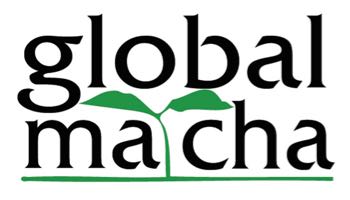Nature has a way of providing what we need for good health.
Honey has been used to treat a variety of ailments for thousands of years. The collection of honey is depicted in cave paintings, and its use is well evidenced in ancient China, India, and the Mediterranean. Honey was prized as a treatment for burns and wounds, celebrated as a cure for digestive problems, and used for everything from treating coughs and curing insomnia to keeping teeth and gums healthy. The reasons why honey is effective were unknown in ancient times — people just knew it worked. It wasn't until the late 19th century that honey's natural antibacterial qualities were first confirmed, and it has been only in recent decades that its antioxidant properties have been determined.
Manuka honey has a way of providing even more of what we need.
Manuka honey is produced in New Zealand and Australia by bees that pollinate the manuka bush, which is native to that area. One component that gives most honey its antibacterial quality is hydrogen peroxide. Some honeys have another antibacterial component known as methygyoxal (MG). While most of these honeys have the MG compound in small quantities, manuka honey has a high level due to the conversion of another compound — dihydroxyacetone — found in high concentration in the nectar of the manuka flower. According to one study, manuka honey contains up to 100 times more methylgyoxal than other honeys.
The products we sell are the way nature intended.
The bee products we sell are all in natural form. Honey. Tea. That's it. Nothing artificial. No processing other than drying the tea and grinding it into powdered form.We hope that's the way you like things done. We certainly do.
Note: These statements have not been evaluated by the Food and Drug Administration. Our products are not intended to diagnose, treat, cure, or prevent any disease. For an accurate medical evaluation, seek the help of a qualified natural health practitioner or your primary care physician.



